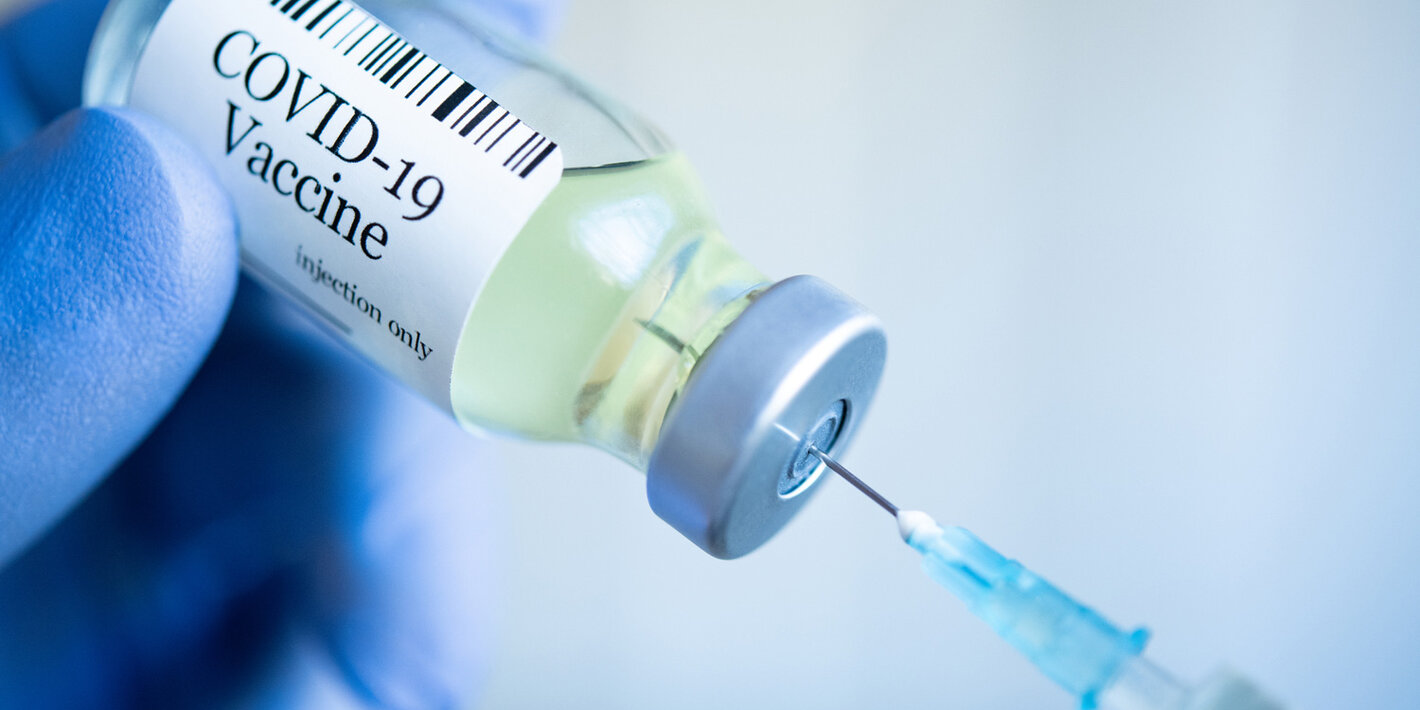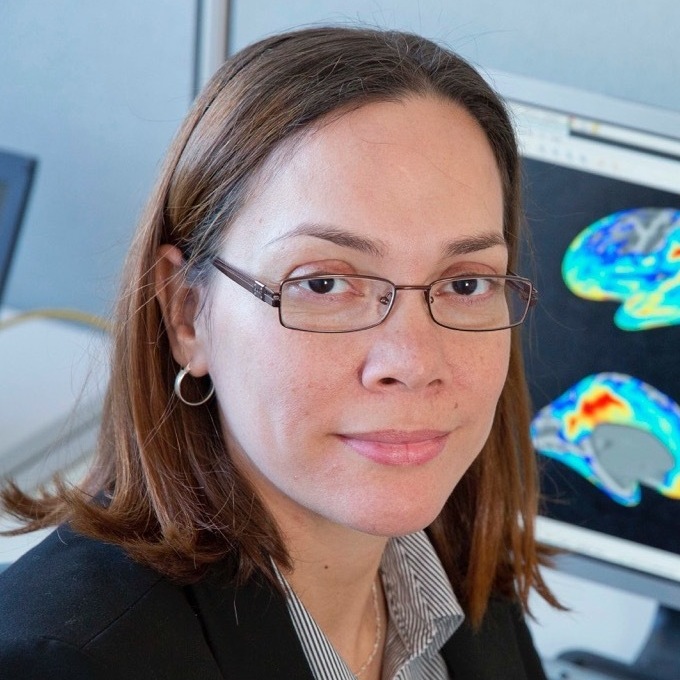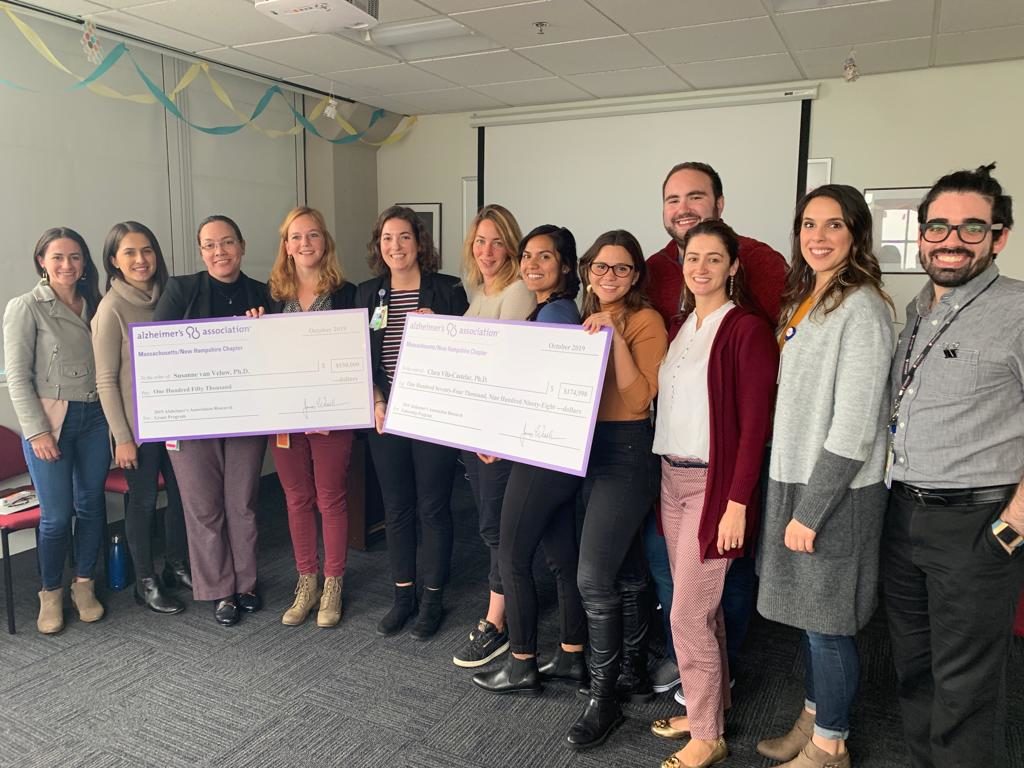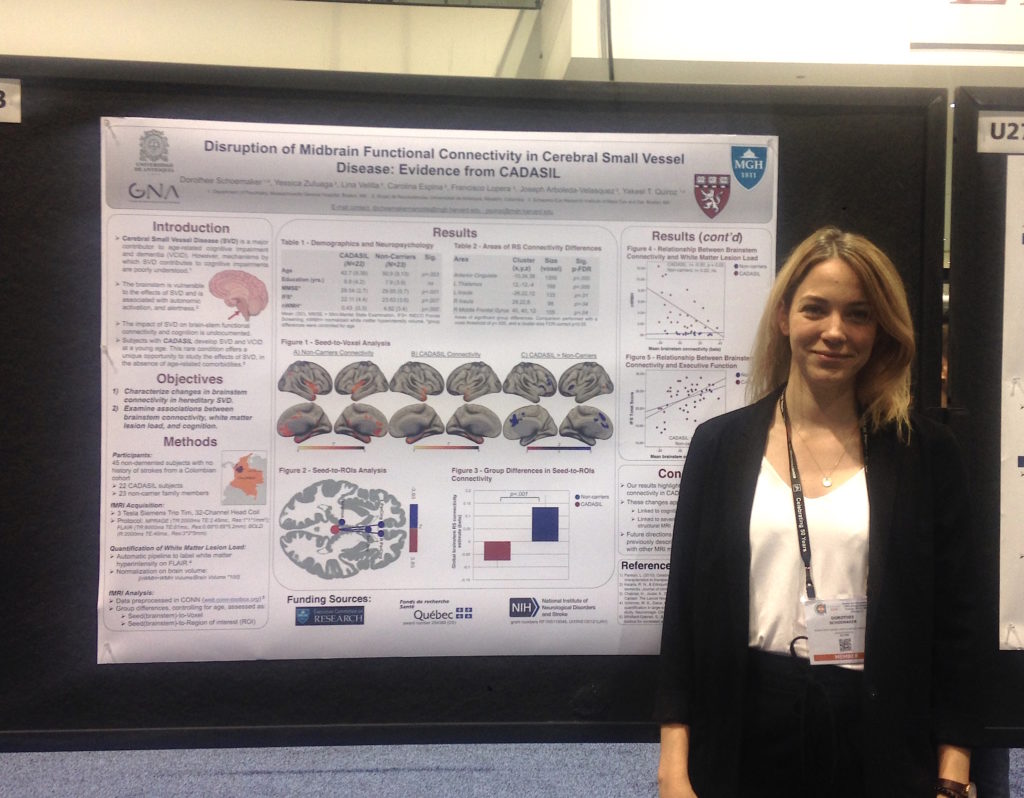Covid-19 Vaccines: How Can We Stop The Hesitation?
By: Adrianna Fusco; Rachel Kimball
*Please check out cdc.gov and talk with your healthcare provider for any questions regarding the COVID-19 Vaccine
*Note that this information is as of April 2021
Introduction:
Officially a year into the pandemic, COVID-19 has had a detrimental impact on our lives. We have all had a “Covid Birthday,” and what was once a “2-week closing” has turned into a very unprecedented time in our lives.
As the vaccine distribution begins to accelerate, the light at the end of the tunnel is becoming (slightly) more clear. However, one thing stands in the way: vaccine hesitation. Why are some hesitant to get vaccinated, and what can we do about it? It is important for us to inform ourselves about the science behind the vaccines, so we can encourage others to roll up their sleeves once they are eligible.
The Immune System:
In order to understand how vaccines work and why they are important, we must first understand the physiology of the immune system. The function of the immune system is to serve as a defense mechanism for our bodies against pathogens such as viruses, bateria, and parasites.
This process is sustained through two separate systems: the innate immune system and the adaptive immune system.
The innate immune system provides an immediate response to a pathogen invading the body, and when we are born, the innate immune system is almost completely developed. Physical barriers such as our skin, mucous, and hair are critical parts of the innate immune system, as they enable our body to fight off some pathogens immediately, before they even have a chance to enter our body. If pathogens are able to travel past these physical barriers, they can still be stopped in the bloodstream due to the complement system which sends fighter cells to pathogens to flag them as threats, causing pathogens to be wiped out before wreaking havoc.
While the innate immune system is incredibly important, the adaptive immune system is where vaccines play a role. The adaptive immune system is slower to respond than the innate system, but what sets it apart is its ability to “remember” pathogens. Once the adaptive immune system is introduced to a pathogen, the next time it encounters it, it will be able to better recognize and kill it. The adaptive immune system is made of T lymphocytes (T-Cells,) B lymphocytes (B-Cells,) and antibodies. Let’s talk about how the virus (Sars-CoV-2) turns into COVID-19.
Sars-CoV-2 → COVID-19:
Sars-CoV-2 stands for Severe Acute Respiratory Syndrome Coronavirus 2. This virus contains an RNA genome wrapped in a nucleocapsid and spike proteins. The lipid envelope is the outermost layer which protects the genetic information when traveling between host cells. It is important to note that this layer can be disrupted by soap and water. The spike proteins take on different shapes in different types of coronavirus, and this shape aids in Sars-CoV-2 cells latching onto Ace-2 Receptors in the human body, causing infection. Prior to immunity, there are no B-cells, T-cells, or antigens that can specifically target this virus, which allows the virus to “survive” its entire journey to those Ace-2 receptors, therefore, easily infecting humans who are not immune.
Let’s dive into the types of vaccines, so we can better understand the COVID-19 vaccines.
Types of Vaccines:
Vaccines are an important tool for preventing infection by acquiring immunity. There are 5 types of vaccines:
- Live Attenuated vaccines – use a weakened form of bacteria/virus for lifetime immunity.
- MMR, Rotavirus, Smallpox, Chickenpox, Yellow Fever
- Vector vaccines – use killed virus/bacteria
- Examples: Hepatitis A, Flu, Polio, Rabies
- Protein subunit vaccines: uses harmless pieces (proteins) of the virus/bacteria
- Hepatitis B, HPV, Shingles, Hib, Pneumococcal Disease
- Toxoids vaccines: based on toxin produced by virus or bacteria
- diphtheria, tetanus
- mRNA Vaccines: provide instructions
- Moderna and Pfizer COVID-19 vaccines
COVID-19 Vaccine Overview:
We previously learned that the adaptive immune system can prevent infection very effectively once you are vaccinated, as your body has a supply of T-Cells and B-Cells specifically designed for that virus ready to go, if needed, and this is exactly what the COVID-19 vaccine does. Once you are vaccinated, your body produces antibodies, T-Cells, and B-Cells, so when you are exposed to Sars-CoV-2, your immune system already knows how to deal with it.
The COVID-19 vaccines approved are Pfizer, Moderna, and Johnson & Johnson. Pfizer and Moderna are mRNA vaccines. Most vaccines (including the J&J Covid vaccine) contain pathogens so your body is immune to that virus. However, mRNA vaccines provide the instructions for your body to produce that virus or bacteria which then causes your immune system to develop a defense against it. mRNA is a single stranded molecule that exists in all of our cells, and enzymes in the cytoplasm translate that information to make the proteins.
COVID-19 Vaccine Efficacy
This chart highlights the differences between the 3 approved vaccines in the United States. Although there is a difference in effectiveness statistically speaking, the best vaccine to get is the one that is available to you first. The sooner you are vaccinated, the sooner you are immune.
COVID-19 Vaccine Concerns:
Q: How was the vaccine created so fast?
A: The vaccine was created using technology that was created and tested over many years. Moderna (which stands for Modified RNA) was established in 2010, 11 years ago! Vaccines usually take a while to test due to the lack of subjects for testing, but this was not a problem due to the urgency in finding a vaccine for COVID-19 and the willingness of participants to take part. Furthermore, many vaccines are mass produced after they are approved by the FDA to save money and resources in case the vaccine is not approved; however, the COVID-19 vaccines were produced prior to being approved, so when the vaccines were approved, there would already be a supply. The technology along with multitude of subjects and rapid production process lead to the quick creation. It is important to note that the “science” was not rushed in any way.
Q: Is the vaccine safe?
A: Yes, it is. For vaccines to become FDA certified, they must go through intensive and rigorous testing that involves thousands of people, which all 3 approved COVID-19 vaccines have. Long term effects appear 30 to 45 days after the 2nd dosage, and the FDA waited 60 days to pass the vaccines for emergency use, past the period in which severe long-term effects would have appeared.
Q: Can the vaccine alter my DNA?
A: No, the vaccine cannot alter your DNA. The vaccine uses RNA and creates protein based on the virus’s genes, not yours.
Q: When can children get the vaccine?
A: Right now the Pfizer vaccine is approved for age 16+, and the Moderna Vaccine is 18+. There have yet to be trials run on children, but according to Dr. Fauci, the trials are set to start in late January. The FDA is very careful when giving vaccines to children and pregnant women, and want to confirm the vaccines effectiveness
Q: Why shouldn’t I become immune naturally?
A: Attaining immunity naturally is risky and can lead to multiple health complications, and sometimes death. With COVID-19 people have reported having long term effects after contracting the disease and the death toll is large.Vaccines are more predictable and controllable than disease. The vaccines will give almost the same protection as natural immunity without the risks.
MAPP Teens’ Role in Combating Vaccine Hesitancy:
As MAPP Ambassadors, our goal is to promote brain health. But what do COVID-19 Vaccines and brain health even have in common?
First, COVID-19 can have long-term, devastating impacts on neurological function and the brain. For information about this, check out our “COVID-19 & The Brain” Instagram post from 1/18/21. Preventing these neurological complications requires preventing COVID-19, and the best way to do that is to get vaccinated.
Second, vaccine hesitation is a psychological issue, specifically, psychological constructs and ideologies. The most common forms of psychological constructs are conspiratorial and paranoid beliefs. Although “anti-vaxers” may seem like people who don’t believe in science, much of the time, vaccine hesitancy is the result of misinformation and paranoia.
Conclusion:
So now you know more about vaccines than the average person, but what do you do with this knowledge? The best way to combat vaccine hesitation is to educate others about the facts. In order for this pandemic to be over, a majority of the population must be vaccinated so we can reach herd immunity. Start by forwarding this article to others, and sending along information from the CDC.
The light at the end of the tunnel is there, but in order to reach it, we must reach herd immunity. So step in line, and roll up your sleeves as soon as you are eligible, then encourage others to do the same.
Works Cited
Adaptive immunity | Immune response (article). (n.d.). Retrieved January 12, 2021, from https://www.khanacademy.org/science/in-in-class-12-biology-india/xc09ed98f7a9e671b:in-in-human-health-and-disease/xc09ed98f7a9e671b:in-in-types-of-immunity-and-the-immune-system/a/adaptive-immunity
Clem, A. (2011, January). Fundamentals of vaccine immunology. Retrieved January 12, 2021, from https://www.ncbi.nlm.nih.gov/pmc/articles/PMC3068582/#ref1
Coronavirus disease (COVID-19): Herd immunity, lockdowns and COVID-19. (2020, December 31). Retrieved January 12, 2021, from https://www.who.int/news-room/q-a-detail/herd-immunity-lockdowns-and-covid-19
Corum, J., & Zimmer, C. (2020, December 05). How Moderna’s Vaccine Works. Retrieved January 12, 2021, from https://www.nytimes.com/interactive/2020/health/moderna-covid-19-vaccine.html
Herd immunity and COVID-19 (coronavirus): What you need to know. (2020, December 15). Retrieved January 12, 2021, from https://www.mayoclinic.org/diseases-conditions/coronavirus/in-depth/herd-immunity-and-coronavirus/art-20486808
Kayla Hui, M. (2020, December 22). What’s in the COVID-19 Vaccines? Retrieved January 12, 2021, from https://www.verywellhealth.com/covid-19-vaccines-ingredients-lists-5093385
Price, S. (2020, March). Talk to Patients About: Vaccine Immunity vs. Natural Immunity By Sean Price Texas Medicine March 2020. Retrieved January 12, 2021, from https://www.texmed.org/TexasMedicineDetail.aspx?id=52584l
RNA vaccine. (2021, January 08). Retrieved January 12, 2021, from https://en.wikipedia.org/wiki/RNA_vaccine
Rodriguez, A. (2020, December 14). ‘Nothing too surprising there’: Pfizer’s COVID-19 vaccine ingredients are pretty standard, experts say. Retrieved January 12, 2021, from https://www.usatoday.com/story/news/health/2020/12/12/pfizer-covid-vaccine-ingredient-list-nothing-too-surprising-there/6520511002/
Saplakoglu, Y. (2020, February 19). Coronavirus ‘spike’ protein just mapped, leading way to vaccine. Retrieved January 12, 2021, from https://www.livescience.com/coronavirus-spike-protein-structure.html#:~:text=Though%20the%20coronavirus%20uses%20many%20different%20proteins%
2Simmons-Duffin, S. (2020, November 17). Why Does Pfizer’s COVID-19 Vaccine Need To Be Kept Colder Than Antarctica? Retrieved January 12, 2021, from https://www.npr.org/sections/health-shots/2020/11/17/935563377/why-does-pfizers-covid-19-vaccine-need-to-be-kept-colder-than-antarctica
Symptoms of Coronavirus. (2020, December 22). Retrieved January 12, 2021, from https://www.cdc.gov/coronavirus/2019-ncov/symptoms-testing/symptoms.html?CDC_AA_refVal=https%3A%2F%2Fwww.cdc.gov%2Fcoronavirus%2F2019-ncov%2Fabout%2Fsymptoms.html
The Children’s Hospital of Philadelphia. (2014, November 05). Immune System and Health. Retrieved January 12, 2021, from https://www.chop.edu/centers-programs/vaccine-education-center/vaccine-safety/immune-system-and-health
“Try Guys Debunk COVID Vaccine Conspiracies With Dr. Fauci.” YouTube, YouTube, 9 Jan. 2021, www.youtube.com/watch?reload=9&v=NDuaiYf8WDQ.
Viral envelope. (2021, January 09). Retrieved January 12, 2021, from https://en.wikipedia.org/wiki/Viral_envelope
*includes class resources like MiniPCR labs for COVID-19 genetics and COVID-19 vaccines
0to,acts%20like%20a%20doorway%20into%20a%20human%20cell.
Image by: Ridofranz













